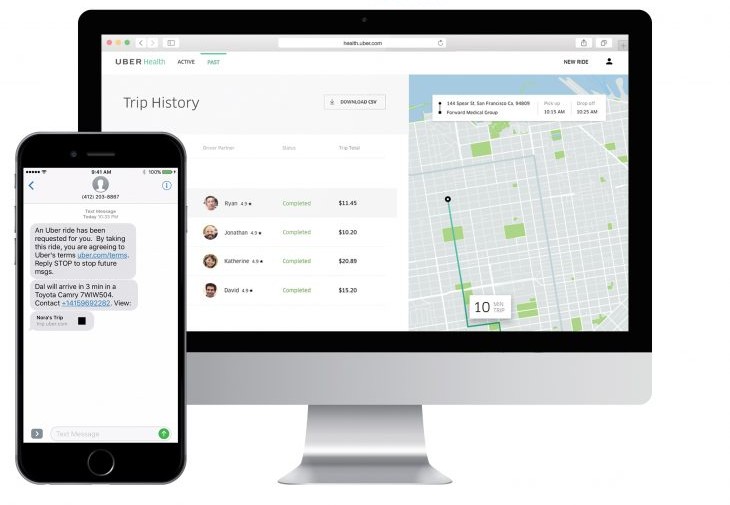Uber has unveiled its latest initiative which will be known as Uber Health in a bid to bring mobility to the health sector.
March 2, 2018

Uber has unveiled its latest initiative which will be known as Uber Health in a bid to bring mobility to the health sector.
The theory is relatively simple. The team claims 3.6 million Americans miss doctor appointments each year due to unreliable transportation, while no-show rates in some corners of the US could be up to 30%. Healthcare organizations will be able to order rides for patients going to and from the care they need.
“We’re unveiling a new service focused on an issue vital to all of us: health,” said Chris Weber, GM of Uber Health on the company’s blog.
“Every year, 3.6 million Americans miss doctor appointments due to a lack of reliable transportation. No-show rates are as high as 30% nationwide. And while transportation barriers are common across the general population, these barriers are greatest for vulnerable populations, including patients with the highest burden of chronic disease.”
Coordinators working for the healthcare organizations will be able to schedule individual appointments for patients, caregivers and staff, or repeat rides for those who need it. All the tasks can be managed from a centralized platform, while there is also the option for patients to communicate via text. This is an important note, as it is not guaranteed older patients will have a smartphone.
While this is certainly an interesting idea, it might have limited success. Firstly, it would be limited to markets where the healthcare is driven by insurance. Any healthcare organization will order the rides and will most likely include it in the customer’s bill at the end of the procedure or treatment. It is tough to imagine organizations like the NHS, which is already pretty cash-strapped, forking out for Uber rides for its patients, unless there were exceptional circumstances.
Secondly, if one of the basic ideas for the service is that public transport is rubbish, this might be a bit of an oversight. How many of those in the US who can afford healthcare insurance are reliant on public transport? They will have their own vehicles, or able to order their own. This might be a service reserved for the caregivers or as a value add service, as opposed to becoming a standard and integral part of the healthcare experience.
It is an interesting idea which might make Uber a bit of money, but we can’t see this having more than a very minor impact on the healthcare space.
About the Author(s)
You May Also Like








.png?width=300&auto=webp&quality=80&disable=upscale)


_1.jpg?width=300&auto=webp&quality=80&disable=upscale)


.png?width=800&auto=webp&quality=80&disable=upscale)